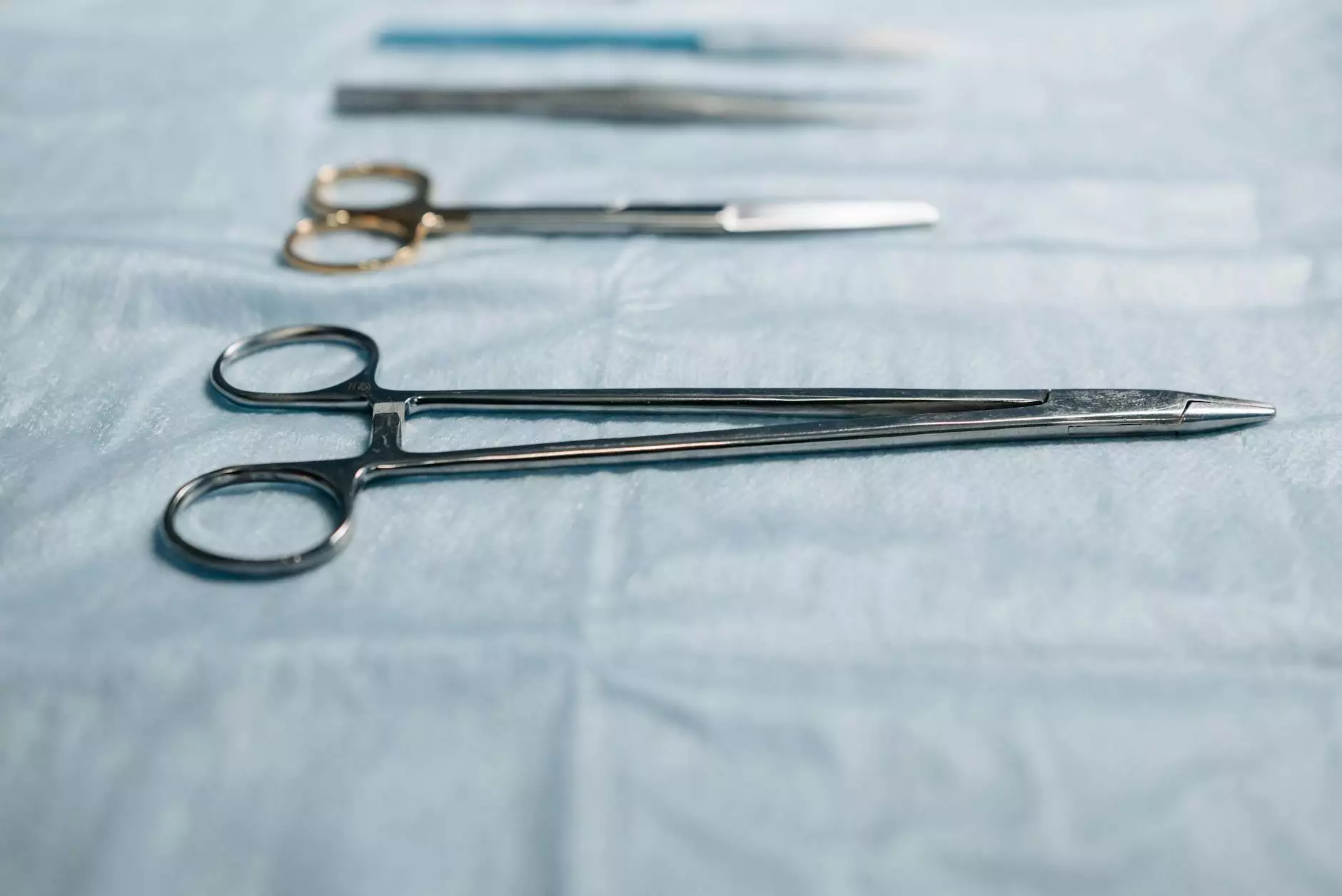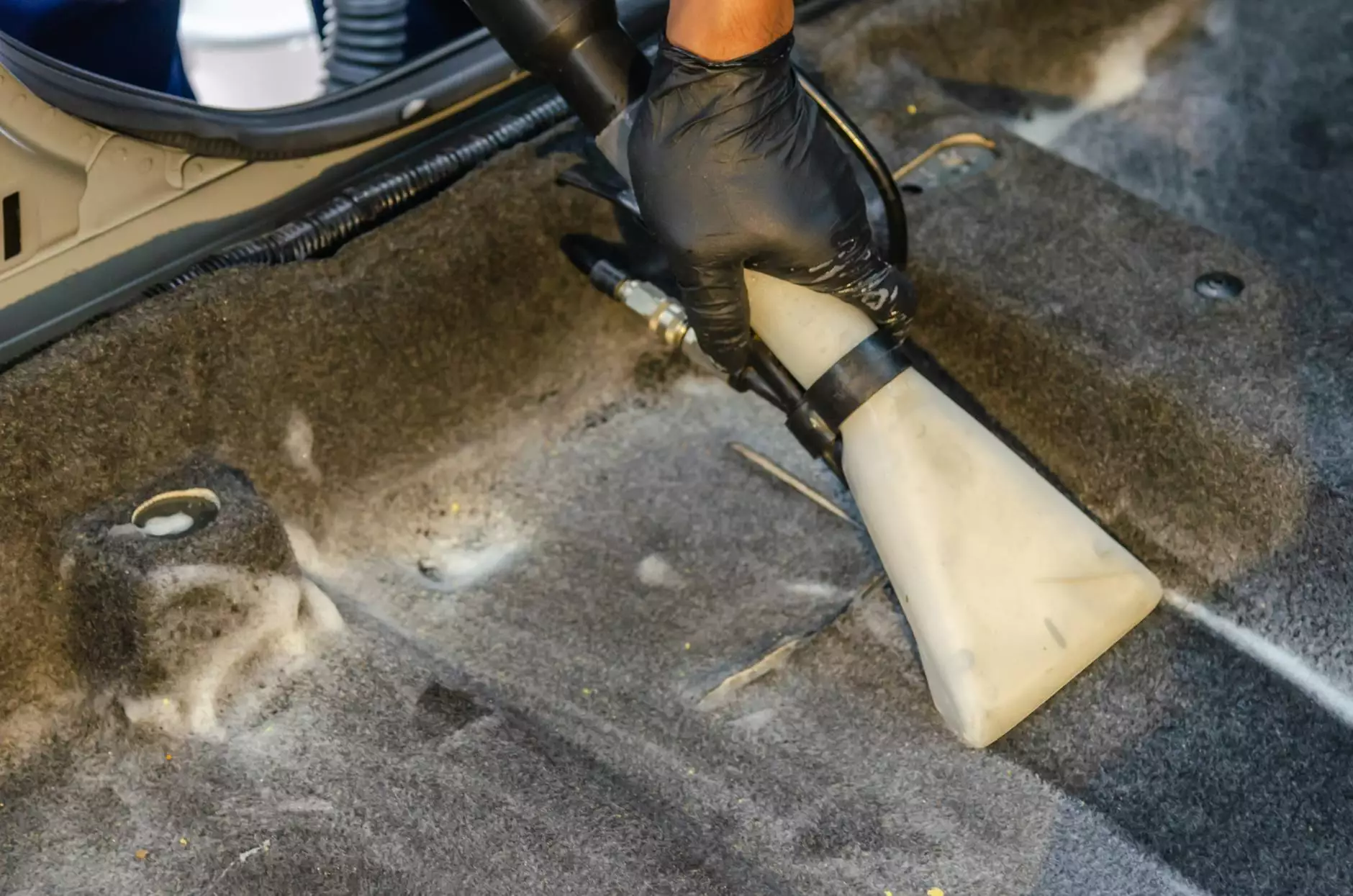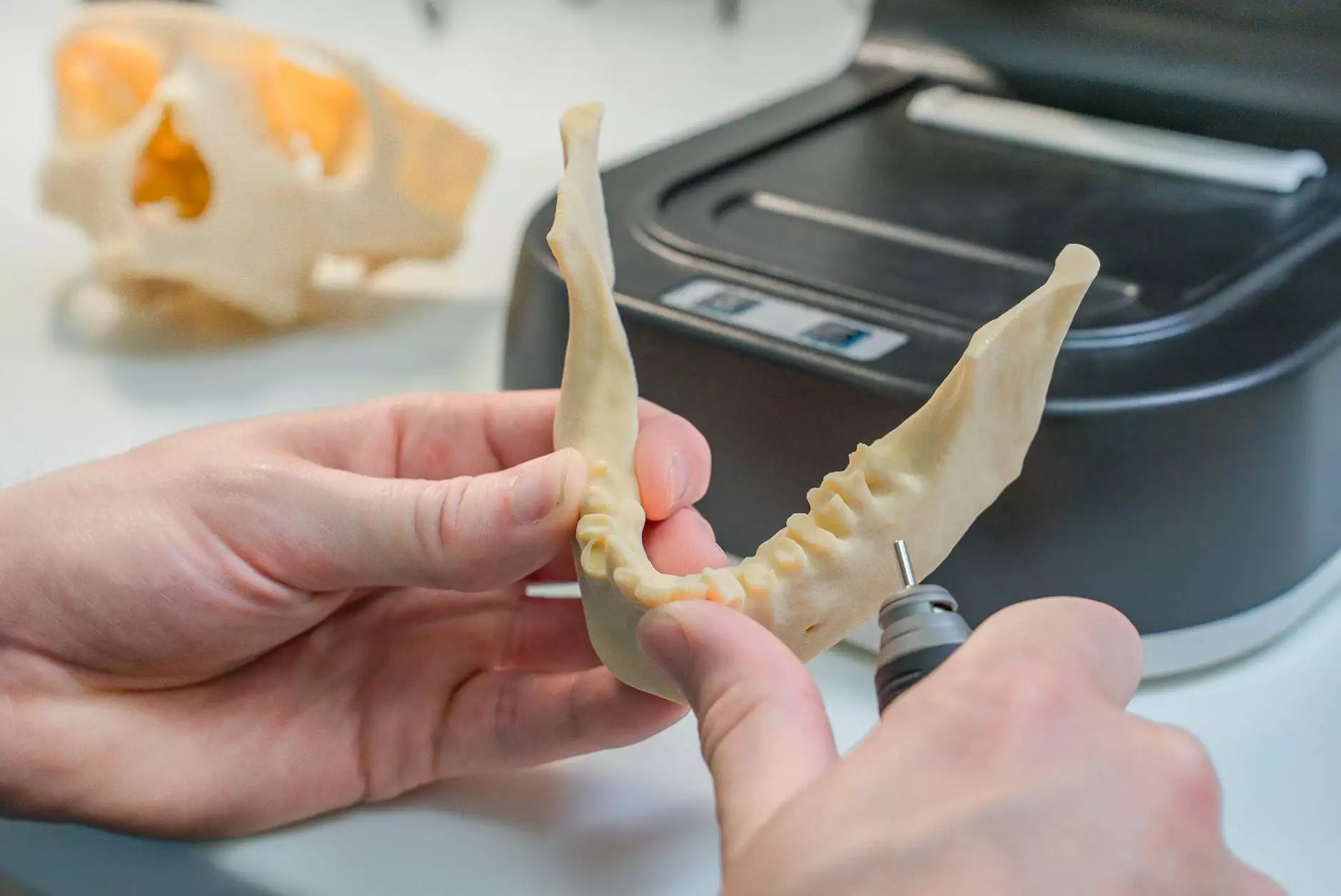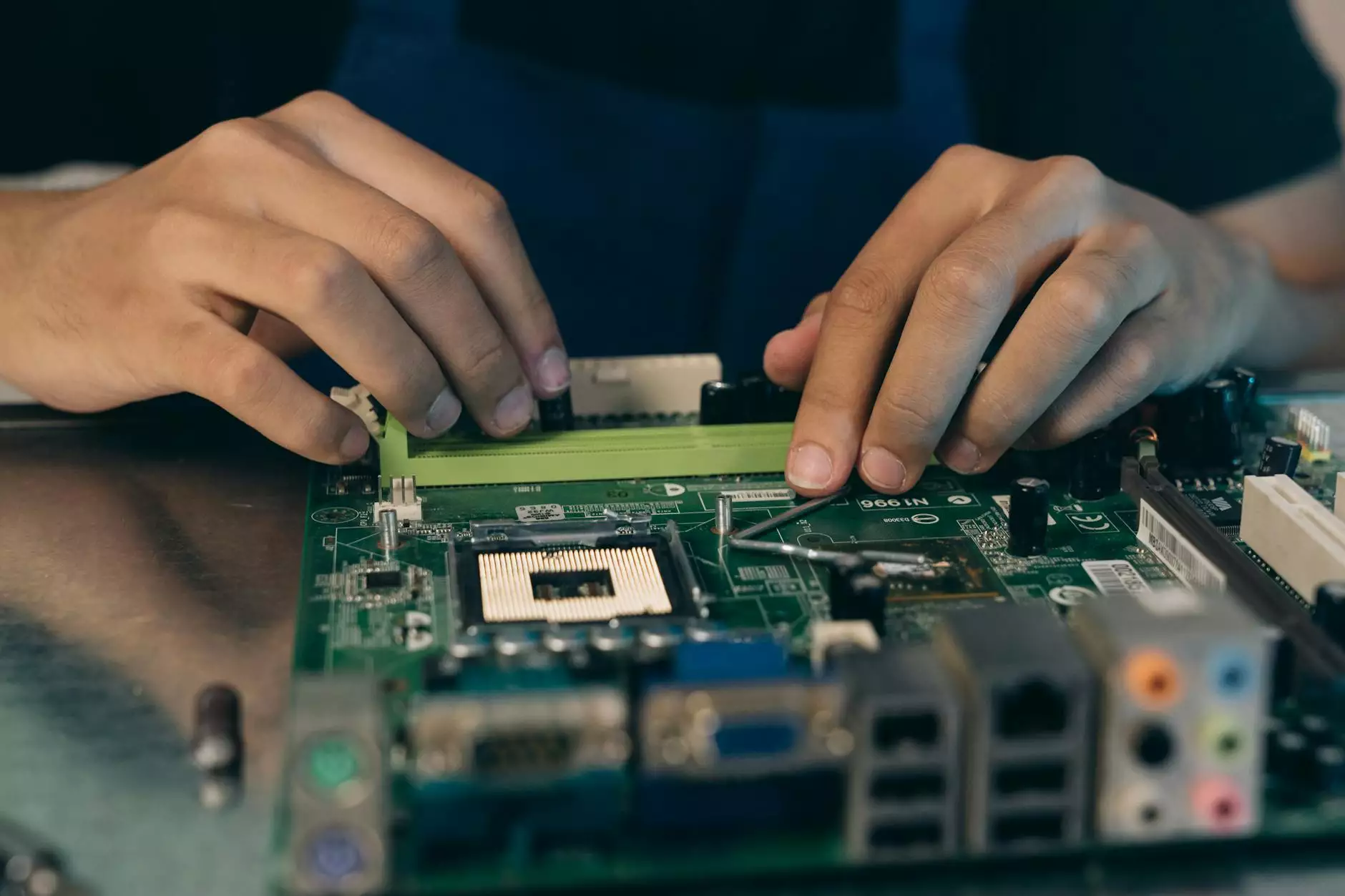Understanding Jaw Realignment Surgery Cost and Benefits

In recent years, healthcare and dental practices have evolved significantly, offering numerous options for surgical procedures. One such procedure that has gained attention is jaw realignment surgery. This surgery can significantly enhance a person's quality of life, particularly if they struggle with jaw-related issues. However, many people are curious about the jaw realignment surgery cost and what influences this expense. In this comprehensive guide, we will delve into the costs associated with this surgical procedure, its benefits, and other relevant details.
What is Jaw Realignment Surgery?
Jaw realignment surgery, often referred to as orthognathic surgery, is a corrective surgical treatment designed to fix jaw alignment issues. These issues can stem from a variety of causes, including genetic factors, developmental issues, or trauma. The objective of this surgery is not just aesthetic improvement; it also aims to restore functional balance, enhance chewing ability, and alleviate discomfort caused by misalignment.
The Benefits of Jaw Realignment Surgery
Undergoing jaw realignment surgery offers numerous advantages:
- Enhanced Aesthetics: One of the primary reasons individuals seek this surgery is to improve their facial symmetry and overall appearance.
- Improved Functionality: Realignment can significantly enhance chewing, speaking, and breathing capabilities.
- Reduced Pain: Many patients experience chronic pain in their jaws or headaches due to misalignment, which can be alleviated through surgery.
- Better Oral Health: Proper alignment can lead to reduced wear and tear on teeth, lowering the risk of dental issues.
Factors Influencing Jaw Realignment Surgery Cost
The cost of jaw realignment surgery can vary widely based on several factors. Understanding these can help patients better prepare for the financial aspect of this procedure:
1. Geographic Location
The cost can differ depending on where the surgery is performed. Urban areas with a higher cost of living typically charge more for surgical procedures than rural locations.
2. Surgeon’s Experience
Surgeons with extensive experience and a proven track record of successful outcomes may charge higher fees. However, opting for a skilled surgeon can enhance the safety and success rate of the procedure.
3. Facility Fees
Surgery performed in a hospital may have different costs compared to a dental or surgical center. Facility fees contribute significantly to the overall cost.
4. Anesthesia Fees
Jaw realignment surgery is generally performed under general anesthesia, which adds to the total expense. The type of anesthesia used can impact the overall surgery cost.
5. Preoperative and Postoperative Care
Preoperative consultations, diagnostic imaging (like X-rays), and postoperative follow-up care are vital components that can affect the overall cost. These services are essential for a successful surgery and recovery.
Average Jaw Realignment Surgery Cost
The jaw realignment surgery cost can range significantly, typically falling between $20,000 and $40,000 when considering all associated expenses. Here’s a more detailed breakdown:
- Surgeon’s Fees: Usually between $8,000 and $20,000.
- Facility Charges: Often from $5,000 to $10,000.
- Anesthesia Fees: Typically around $1,000 to $2,000.
- Preoperative and Postoperative Expenses: May add an additional $2,000 to $6,000.
It’s essential to consult with your healthcare provider for a tailored estimate to your specific case, including any necessary preparatory work or follow-up treatments.
Insurance Coverage for Jaw Realignment Surgery
Many people wonder if their health insurance will cover the costs associated with jaw realignment surgery. While some insurance plans provide partial coverage for medically necessary procedures, others may classify it as purely cosmetic. Here are some points to consider:
- Medically Necessary Criteria: Insurers may cover procedures that address functional impairments related to jaw alignment, such as difficulty chewing or speech issues.
- Documentation: Detailed documentation from your dentist or oral surgeon can significantly aid in obtaining insurance approval.
- Out-of-Pocket Costs: If coverage is limited, patients should be prepared for out-of-pocket expenses, which can add to the jaw realignment surgery cost.
Preparing for Jaw Realignment Surgery
Preparation for jaw realignment surgery is crucial to ensure a smooth process and optimal recovery:
1. Consultation with Your Surgeon
Schedule a comprehensive consultation with your oral surgeon to discuss your specific condition, the surgical procedure, risks, recovery time, and any relevant concerns.
2. Imaging Tests
Your surgeon may recommend imaging tests such as X-rays or CT scans to evaluate the jaw and develop a detailed surgical plan.
3. Lifestyle Adjustments
To minimize risks and enhance recovery, consider adjusting your lifestyle in the weeks leading up to the surgery. This may include quitting smoking and maintaining a balanced diet.
4. Arrange Postoperative Care
Having a support system in place post-surgery is essential. Arrange for someone to accompany you home and help with daily tasks during your initial recovery phase.
What to Expect During the Surgery
Understanding the surgical process can alleviate anxiety. Here are the general steps involved in jaw realignment surgery:
1. Anesthesia Administration
On the day of surgery, you will be administered general anesthesia to ensure you are comfortable and pain-free throughout the procedure.
2. Surgical Procedure
During the surgery, the surgeon will make incisions in the mouth or face to access the jawbones. They will then move the bones into their proper alignment and secure them using plates and screws.
3. Closing Incisions
After the surgical adjustments, the incisions are closed, and you will be moved to a recovery room for monitoring.
Postoperative Care and Recovery
Postoperative care is crucial for a successful recovery:
1. Follow-Up Appointments
Your surgeon will schedule follow-up appointments to monitor your healing process and remove stitches if necessary.
2. Managing Discomfort
It is common to experience swelling and discomfort after surgery. Your healthcare provider will prescribe pain management strategies to ensure a comfortable recovery.
3. Dietary Adjustments
During the initial recovery phase, a soft diet is usually recommended. Foods that are easier to chew will help facilitate healing without stressing the jaw.
4. Physical Care
Follow your surgeon's instructions regarding physical activity. Avoid strenuous activities for the recommended recovery period to prevent complications.
Conclusion
In summary, jaw realignment surgery can offer transformative benefits, including improved jaw function and enhanced appearance. However, understanding the jaw realignment surgery cost and the factors influencing this cost is crucial for informed decision-making.
Start by consulting with a qualified surgeon to assess your condition, discuss potential surgical outcomes, and get a comprehensive breakdown of the costs involved. Remember that investing in your health and well-being is a worthwhile endeavor that can lead to a more fulfilling quality of life.
For those considering jaw realignment surgery, don’t hesitate to visit MediGlobus for more valuable insights and resources to guide you through your journey.








